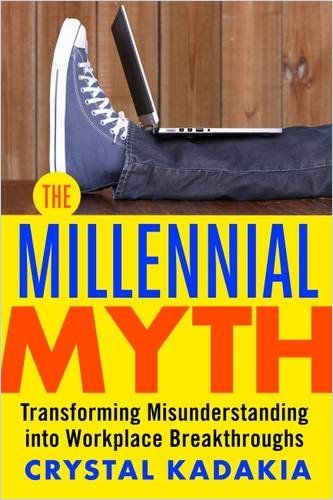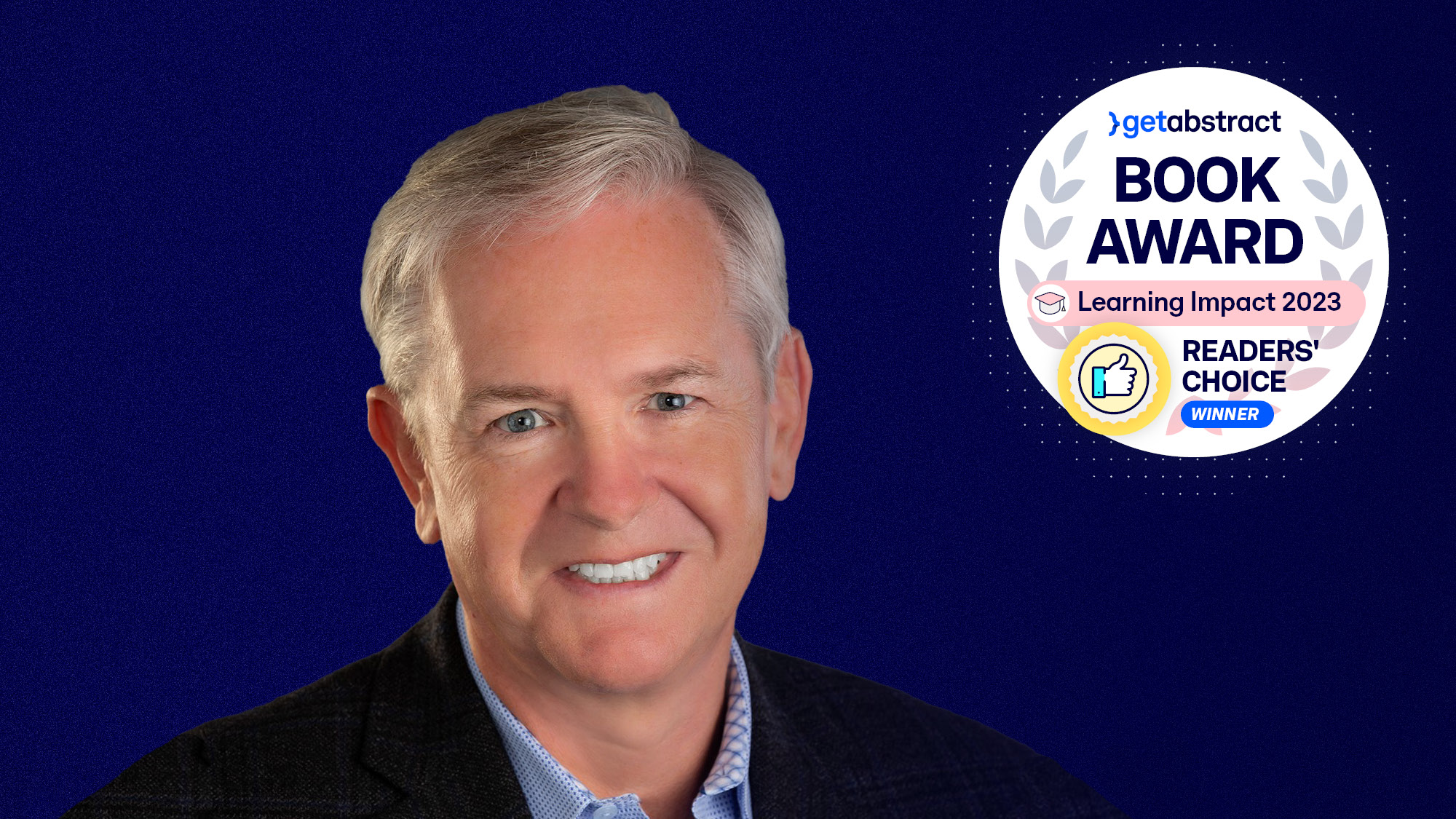“People Who Don’t Feel Respected Will Not Want to Show Up Every Day and Contribute to Your Organization.”

getAbstract: In The Millennial Myth, you describe how building a modern corporate social responsibility culture is one of the key ways of attracting, engaging and retaining millennials. What type of Corporate Social Responsibility messages do you believe are the most effective in this case?
Crystal Kadakia: We live in a time where there is more information – and more opportunity for misinformation – than ever before. The most effective messages for social responsibility are those with clear meaningful action behind them. Companies who are intentional and transparent about CSR and work towards substantial action generate respect, rather than those who wait to address CSR until the market, press or governmental policy force them to.
Companies who are socially responsible because they believe in it are inherently attractive to all modern talent.
Crystal Kadakia
In other words, don’t just talk about it, do it, and don’t just do it for the millennials. And, don’t wait for others to talk about your actions – or lack of. Take accountability to share and own your CSR story.
A strong theme among millennials is their commonly held view that corporations have a responsibility toward society and the environment. At the same time, millennials are often described as politically indifferent and disconnected. Have millennials given up faith in the government while perhaps having too high expectations about what the private sector can do to address some of society’s problems?
I’m curious if the private sector truly understands the scale of their influence. While governments are bound by their country’s borders, many corporations are global, with tried and tested and refined infrastructure.
It only makes sense that when society’s problems are global, we look to global entities to solve them.
Crystal Kadakia
While governments might partner with one another, they often have priorities and challenges working on their own domestic issues. Global corporations are able to set global goals, make profit globally, manage supply chains globally and even create some sort of cohesive culture working towards a mutual goal. Perhaps millennials are not misplacing their faith or expectations. Perhaps global entities are not ready to acknowledge their potential to help humanity move forward. Perhaps the obligation frightens current corporate leaders. Perhaps they should consider the faith they have in the pretty incredible communities and systems their company has built over time.

It’s always hard to make generalizations about an entire generation, and it’s even harder to do so on a global scale. Yet many companies today work with a global workforce and recruit millennials in many different countries. Since you had some exposure to companies in Europe, what do you see as some of the differences between millennials in the United States and Europe? Do companies in the US, Europe and Asia use different strategies to attract and engage millennials?
When it comes to attracting and engaging talent, regardless of generation, you’ve got to understand the current financial perspective of a person and you’ve got to show respect for their abilities. You can consider generationally and regionally the financial dynamics that are concerning recruits. Here in the United States, college loans are a HUGE burden. In Europe, many countries offer social systems to help and this may be less relevant. Another example: Here in the US, the career goal tends to be a six-figure job. Again, due to tax structures and otherwise, that’s not necessarily realistic or desired for Europeans (as I’ve heard anecdotally). Consider the standard stages of adulthood – first job, marriage, owning a home, having kids, taking care of aging parents, retiring. What do each of those stages look like for college graduates today? Whether you’re in Asia, Europe, or the US, the answer will differ and can guide you in attracting and engaging talent. Each generation might be in a different stage of life that creates different needs.
What are your recommendations for attracting millennial talent in these different parts of the world?
Don’t make “hip” superficial policies the center of your recruiting strategy. Things like free lunches or gym memberships should be mentioned as perks but they shouldn’t be the majority of the offering. If talent is struggling under massive debt, a free gym membership isn’t going to distract them from things like low salary, low potential for growth, or other financial support issues. Lastly, show respect for their abilities, education, and experience. Demonstrate the attitude that tenure and new to the work world are valuable – perhaps in different ways. It’s not a war where you have to pick tenured professionals or recent college graduates as the best and smartest employee.
People who don’t feel respected will not want to show up every day and contribute to your organization.
Crystal Kadakia
Throughout the recruiting process, demonstrate appreciation for what they are bringing to the table.
You say that millennials are “pulled by the future, not pushed by the past.” Do you feel millennials are generally optimistic about the future?
I do think millennial and gen Z concerns and hopes tend to be based on the future. Because of digital technology and the huge difference it has made on life, the past truly seems like just that – the past. While some generations might think the world is the way it’s always been, I don’t think millennials or gen Z are stuck in that mentality. To answer your question directly, I don’t know that millennials are generally optimistic. I believe that question relies deeply on personality and neurology and can’t be validated conclusively across a generation.
Crystal Kadakia is a consultant on millennials and the modern workplace, two-time TEDx speaker, and author.






